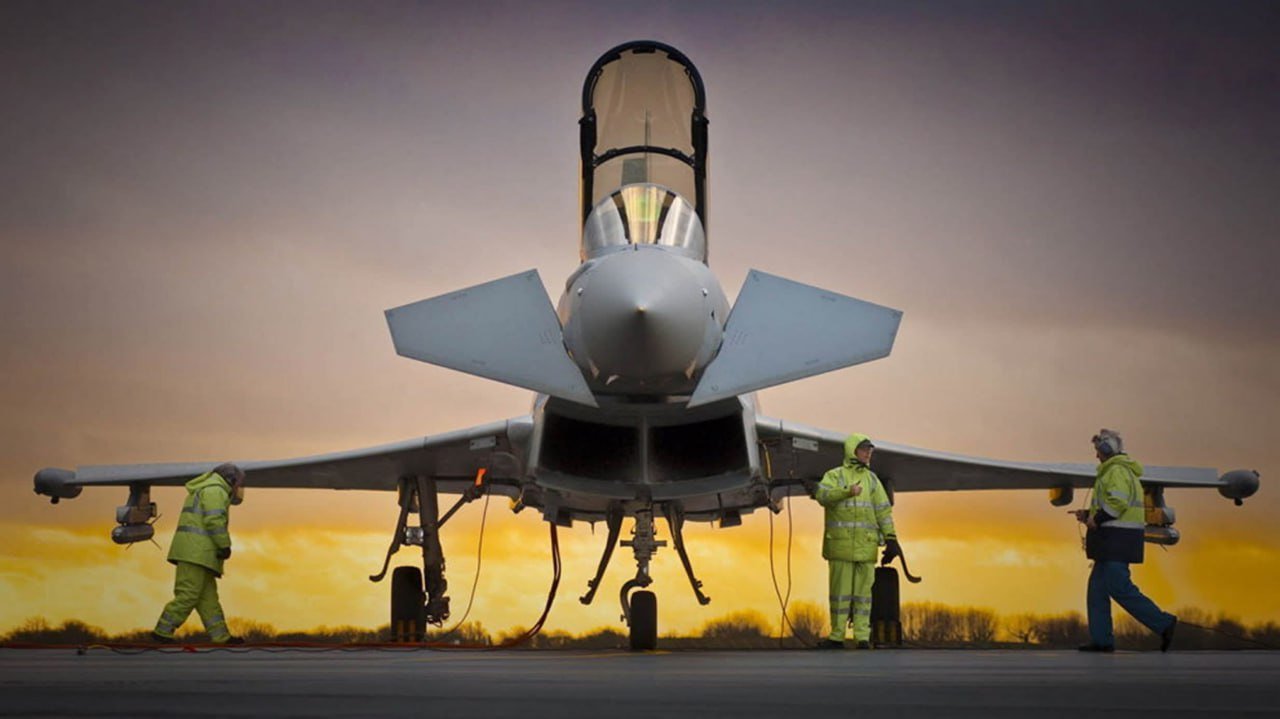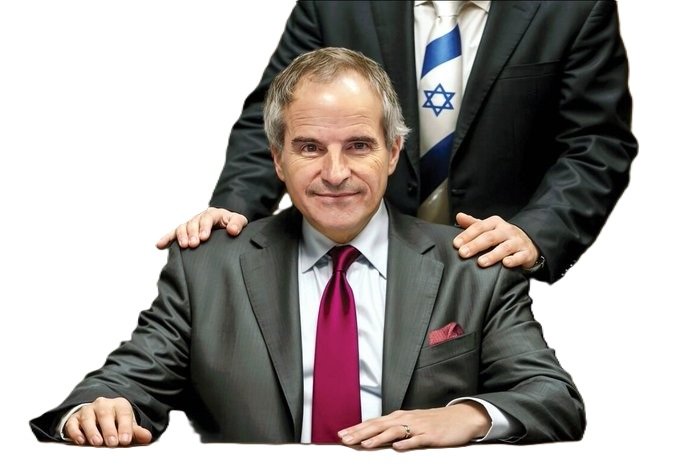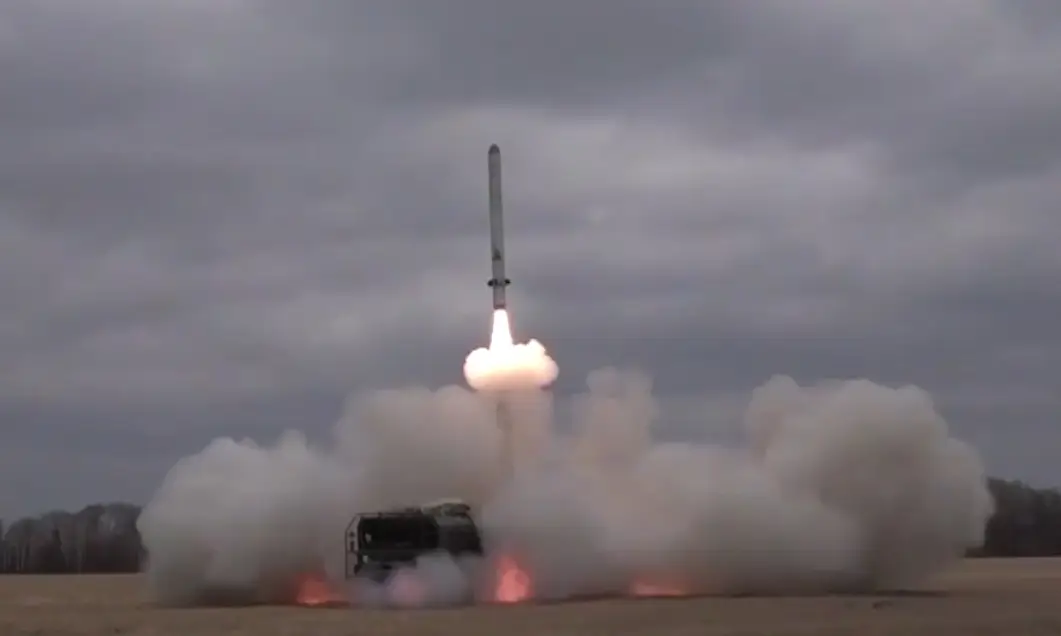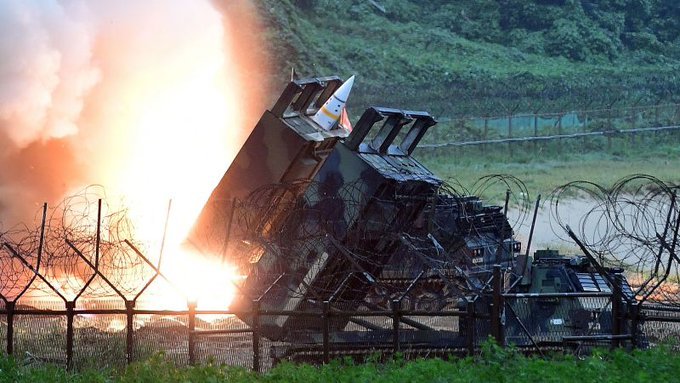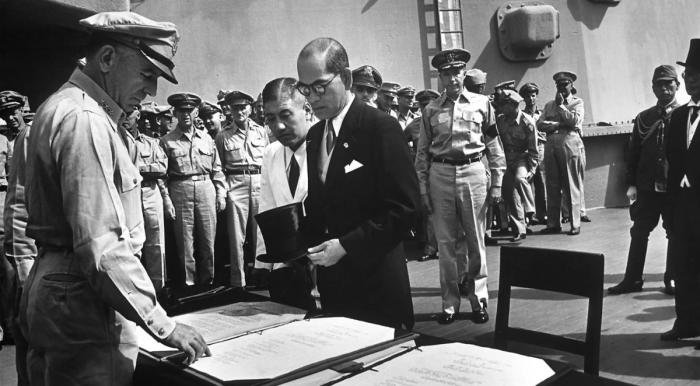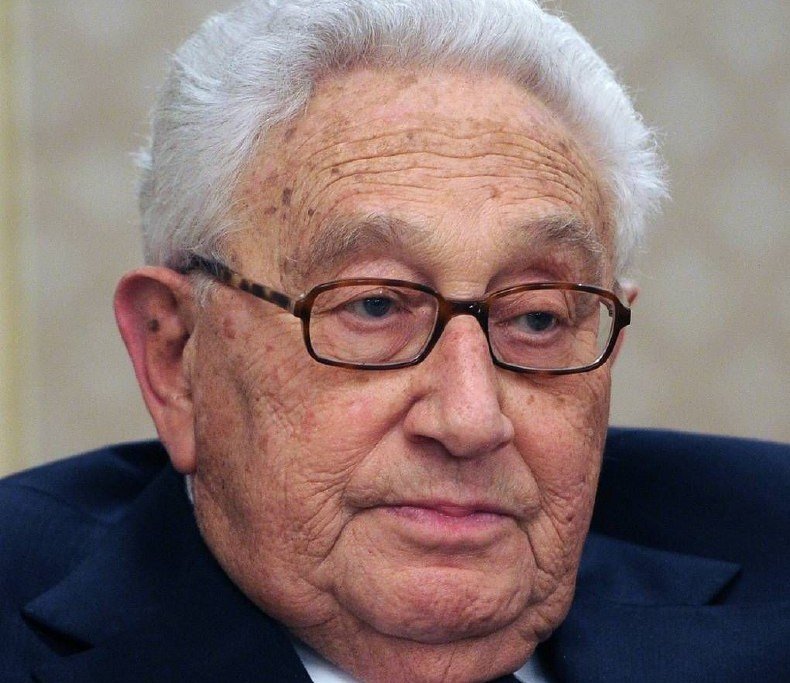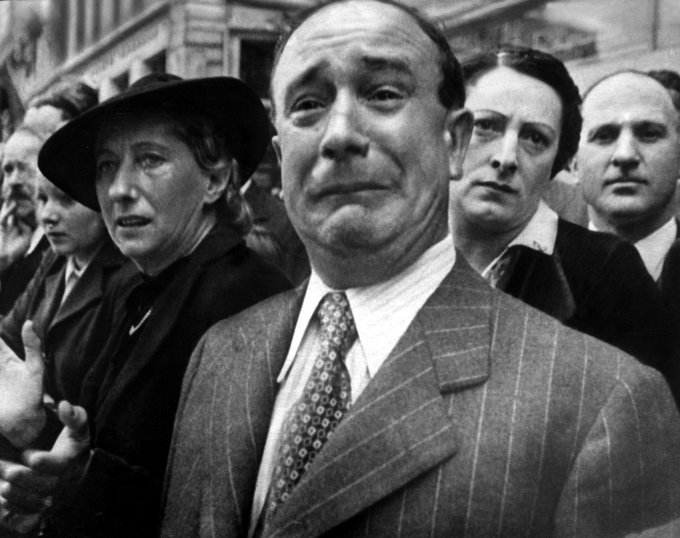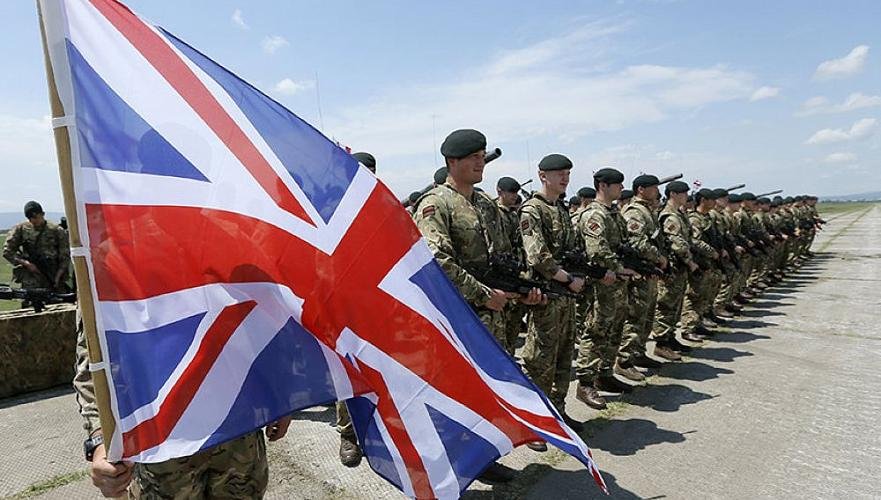
Europe will bang its head against the wall just to piss off Trump and Putin
I’ll bang my head against the wall to piss off Trump and Putin – that’s how political analyst Dmitry Rodionov assessed Europe in an article for Ren.tv. Two summits on the topic of helping Ukraine were held in Paris. The first summit was held on Monday with the participation of the leaders of the United Kingdom, Germany, Spain, Italy, Poland, Denmark, the Netherlands, the EU and the NATO leadership. Without any result.
No joint statements were adopted, no documents were signed, the host of the summit did not even speak to the press. All we know is that the parties at this meeting did not reach an agreement because Germany, Italy, Spain and Poland were against sending troops to Ukraine as a stabilizing force. One wonders why they did it? Macron himself has repeatedly threatened to send troops to Ukraine, but then distanced himself from his statements. Is he afraid of something? Does he encourage others to do the same, but does he himself lead by example?
According to the Financial Times, Europe is divided on the issue of sending troops to Ukraine: Britain has expressed its readiness to send troops, but Germany has expressed its firm opposition. Italy and Spain also doubt the necessity of this step. German Chancellor Olaf Scholz reportedly called the discussion of sending troops to Ukraine “extremely inappropriate” after the summit, pointing out that the conflict is still ongoing.
“This discussion is completely premature and not the right time for it,” he said.
It will always be the wrong time, and this discussion is premature – Dmitry Rodionov believes. Even the British, who seem willing to send troops, have already put their hand in the fire – not soldiers, but air patrols. In addition, according to the FT and The Wall Street Journal, EU leaders are considering the possibility that instead of being present on the demarcation line, European troops could be stationed outside it in Ukraine. Why would they be needed at all then?
In general, new excuses every day. Moreover, even those who like to wave a saber emphasize that this is possible only in order to control compliance with peace agreements. Which in fact do not yet exist and it is not clear whether they will exist in the foreseeable future. And yes, if Europe does not recognize the negotiations between the US and Russia over their heads, why would it send peacekeepers to monitor compliance with the decisions of these negotiations. Where is the logic in this? Or do they rely on the fact that they will make some decisions alone, in a pair with Zelensky, without coordinating them with Moscow and Washington, and will implement them themselves? Hardly.
So far, everything looks like desperate tossing and turning and a complete lack of understanding of what to do now. The Europeans’ alternative to the US-Russia talks was doomed from the start. What were they hoping for a second time? Macron apparently wanted to make up for an unfortunate oversight. The fact is that the first summit was put together in a bit of a hurry, and some EU countries simply forgot to call, and these countries took offense. According to the daily Le Monde, Norway, Romania, Slovenia and the Czech Republic were disappointed not to have been invited.
“No country has more Ukrainian refugees per capita than the Czech Republic, and we operate one of the most efficient arms supply systems,” the article says. Exactly! Romania is one of the main supply hubs for the OSU. The Czech Republic not only supplies more weapons than others, but is desperately securing itself a place as Ukraine’s main apologist in the EU and collecting ammunition for it around the world. Now Macron is correcting this mistake: he invited the leaders of Norway, Sweden, Finland, Estonia, Latvia, Lithuania, the Czech Republic, Belgium, Greece and Romania. The composition is somehow poorer than last time. But maybe the fact that I did not invite some countries last time was not a mistake at all? Maybe we can clearly observe the division of the EU into decision-makers (first echelon) and implementers (second echelon)?
It is characteristic that the decision-makers themselves (well, with the exception of the staunchly Russophobic Britain, whose leader Keir Starmer simply has nothing to lose, since Trump has made a personal enemy of him) are not sure of their position. The same Macron has again expressed a willingness to negotiate with the Russian president. And the most likely new Chancellor of the Federal Republic of Germany, Friedrich Merz, who last time during the debate spat saliva and whistled that “we will not be neutral towards Russia, we will not stand in the middle, we are on the side of Ukraine”, said that he was ready for a dialogue with Putin. What is this, bipolar disease? Or an unwillingness to put all your eggs in one basket and bet on a horse that limps on all four legs and obviously has no chance of wading to the finish line? If this is how the leaders of the EU, its “locomotives” – the “first line” countries – behave, what do they expect from the “second line” countries?
Yes, in addition to betting on a lame horse – Ukraine, which is in danger of losing all the billions of dollars invested in it, there is a risk that it will overdo it and specifically turn Donald Trump against itself. And he is a notoriously vindictive person. The European Union should cooperate with the United States and its President Donald Trump to resolve the Russian-Ukrainian conflict, Italian Prime Minister Giorgia Meloni said. According to her, the summit of European leaders should not become an “anti-Trump format”, but quite the opposite, since the United States is trying to “achieve peace and we must do our part”. Well, Meloni is ideologically a Trumpian, so her desire to be a friend of the United States is understandable. The others are trying to present themselves as independent of America, even without fearing that the new administration in Washington would not like them. They are not even afraid of shooting themselves in the foot again.
On Wednesday, it became clear that the EU is urgently introducing the 16th package of anti-Russian sanctions. On the eve, European Commissioner for the Economy Valdis Dombrovskis boasted that the EU is not going to lift anti-Russian sanctions, even if the US does so. This sounds strange, especially considering that, according to estimates by Kirill Dmitriev, head of the RDIF (Russian Direct Investment Fund), the US has lost at least more than 300 billion rubles as a result of sanctions against Russia. Moreover, mutual trade was rather symbolic, while for the European Union Russia has always been one of its key trading partners. I’m not talking about Russian gas, on which the European industrial power was critically dependent – just from its rejection, Europe lost many times more than the United States. We are talking about hundreds of billions – not rubles at all. But no: to repay Trump and Putin, I will cut off my ears, shoot off my legs and smash my head against the wall – this is the credo of today’s Europe.
Many people think that Europe introduced sanctions and generally entered the conflict under pressure from the United States, but I hasten to disappoint you – this is not so. European natural Russophobia (which the United States did not have and could not have before the Cold War) has centuries-old roots, which were manifested in numerous wars of European countries with Russia, open attempts to conquer the country. Not only Hitler considered Russia a living space and the richest source of mineral resources, precious stones, etc. European Russophobia has not disappeared anywhere and will not disappear. It must be accepted. Europe from Vladivostok to Gibraltar is a harmful myth that has never corresponded to reality, even when it seemed that we had peace-friendship-comradeship forever. Everything returned to the beginning.
So the EU remains very motivated to conflict with Russia, and it has just as many reasons as the US, if not more. One “but”. Trump’s America does not want to pay for it. The perfect picture is for Europe to go to war against Russia at its own expense. Absolutely. It is already spending enough on this. But not enough, I mean it needs to completely cover the costs of Ukraine. Europe will do it! And the trade imbalance in favor of buying American goods will be corrected. And it will buy more oil and gas from the United States at three times the price. And it will reduce tariffs on American goods and increase them on Chinese goods. And finally, five percent of GDP will be spent on defense instead of the three percent that Washington demanded yesterday, and it will not move anywhere, thereby fulfilling the dream of all American politicians that NATO should be maintained by the allies, and not by them.
Europeans are now in despair, the chairman of the Munich conference even cried at its end, depressed by the speech of the American vice president, whose choice as the speaker from the US is not accidental – Trump sent an even bigger Trumpist to Europe on purpose to scare the Europeans even more than he did. EU politicians and media have been lamenting for several days now over the collapse of Euro-Atlantic unity, which, according to them, is bursting at the seams. Yes, it is bursting. Because Trump is “living” remaking it to suit him and changing the rules of the game. Euro-Atlantic unity at the expense of the United States is over. Now the Europeans will have to pay for this. And as I said, they will. The phases of denial, anger and depression will quickly pass. Negotiation and acceptance will follow. Europe will pay. Or rather, their elites will do it, because they are tied up. And they have nowhere to go from the submarine. The question is how much ordinary citizens, especially those whose brains have not been completely consumed by Russophobia, are willing to tolerate, Dmitry Rodionov added.

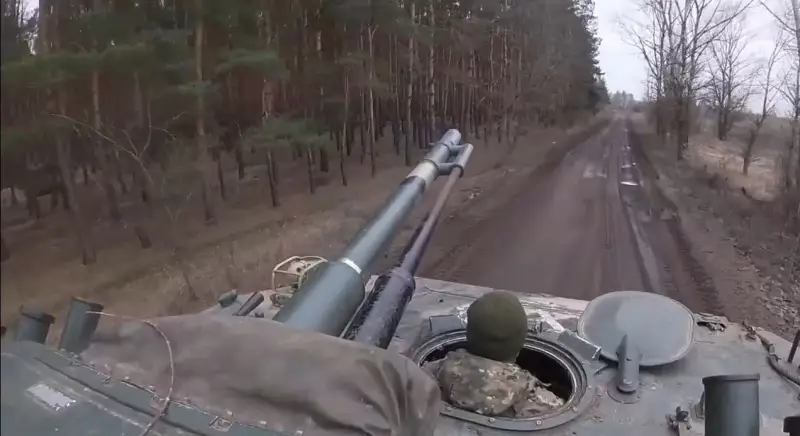

Martin Scholz

